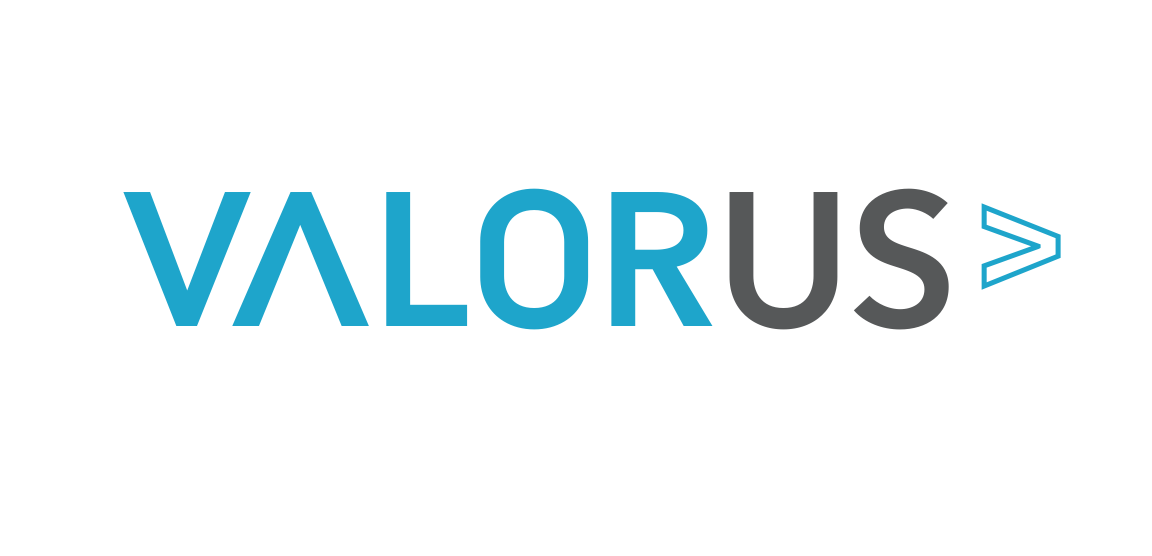
Grant Writing 101: From Preparation to Submission
by Jessie Towne-Cardenas and Shelby Vice
Grants are vital to nonprofit organizations. They usually make up the majority of our funding, give opportunities to create new and innovative programs, and help us grow our capacity to reach new communities and strengthen existing relationships. It’s good practice to be constantly on the lookout for funding opportunities and apply for those that fit your organization’s mission and goals. Doing this regularly will help sustain and expand your program.
Take a look at the recommended process below to help you prepare for the next grant you want to apply for.
Gather Your Data and Tell Your Story!
Grant applications ask you to describe your program, how you will implement it, and how much it will cost. The tricky bit is that these questions may be asked in different ways and orders, so you will have to be able to describe your program based on the questions they ask. The following are common components in most grants:
- A description of the community and why the program would be or is currently beneficial to them.
- A list of program goals and measures showing the funder what the program will accomplish. This may include measurable objectives with numbers, a timeline, and a description of measurement tools.
- A description of the project activity, partners, and staff.
- A budget with line-item expenses and a budget justification or narrative that explains how the budget items will be used for the program.
Assemble Your Grant Writing Team
It’s good to have friends! This is also true in grant writing. Many hands make light work so it’s great if you can gather a team of people with different strengths. But sometimes we don’t have that many people, or they only have a little bit of time to give. That’s okay too! When you are thinking of putting together your support team you can think about including people with the following combination of strengths:
- Leader or project manager
- Researcher
- Program person
- Visionary
- Editor
- Finance person
What are your strengths and who do you have access to that can assist you in the grant writing process?
Review the Grant Application
The funding application has been released. Finally, we’re putting all of this information together. When you get the application read it over very carefully and decide whether it is a good funding source for your program. Not every grant that comes to you is the right fit for your organization or program so look for the following information to help you decide:

It can be difficult to let a funding opportunity pass by; however, it will save you time and resources for a funding opportunity that will not only support your program but also strengthen your chances of getting awarded those grants that you apply for.
Write the Grant
Grant writing is mostly technical and might be difficult because we often like to tell a story. Grants often ask about the nuts and bolts, and they don’t often ask them linearly, so you can’t always tell the story of your program in the way you would in a conversation. When writing the grant consider the following steps:
- Answer the questions clearly and concisely.
- Match the right information to each question.
- Answer the questions in order and, if space allows, use the question as a heading and put it in bold. You want it to be easy for the reviewers to find the answers to their questions.
- Balance stories and data to make a compelling argument for our program and the impact it will have on your community.
Once you have an initial draft done, bring in your editor! It is very helpful for the editor to review the proposal using the evaluation criteria and/or grant application questions to ensure it answers all of the questions, is clear and concise, and does not contain any typos. It is also important that the funder’s goals, community needs and strengths, program plan, and budget are all in alignment with your program.
Submit Your Application
Phew! You’re done writing the application…it’s time to submit! Bring in your detail person to double-check that everything is ready! If the grant application includes a list of requirements or a check-off sheet, use it. Make sure you have all of the attachments included and give yourself plenty of time! Sometimes the system is slow, things don’t upload properly, and you discover there is something you missed like a cover page or they require a specific file format or naming convention. Giving yourself an extra day or more before the due date gives you time for these hiccups. Then, submit and celebrate!
Receiving the Funding Notification
Maybe you got it, maybe you didn’t. If you did not get the grant, that’s OK! One thing you can do is ask the funder to provide feedback on your application or to give you the scoring for your application so that you can have an idea of where you can improve next time. Grants are competitive! No organization gets every grant they apply for. The successful grant application rate is about 10-30% depending on the funding source. So don’t let not getting a grant stop you from continuing to apply. All of the work you do will only help you with your next grant applications!
Lastly, check out our blog, Prevention Playlist: Top 7 Essential Resources for the Grant Writing Process for more tools and resources that will help bring all the different components of your program together for successful grant writing.


